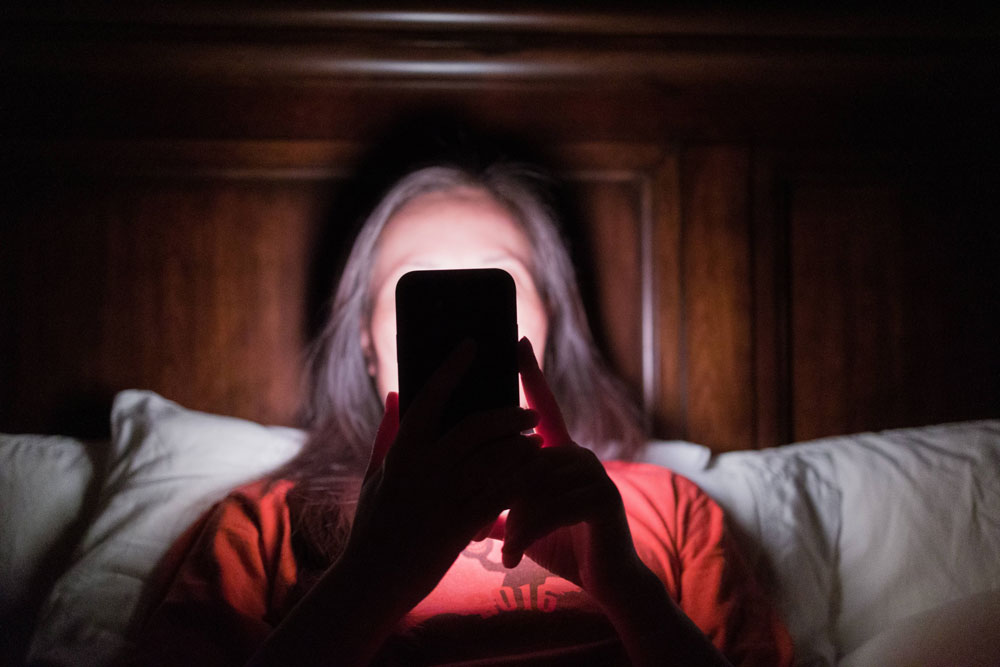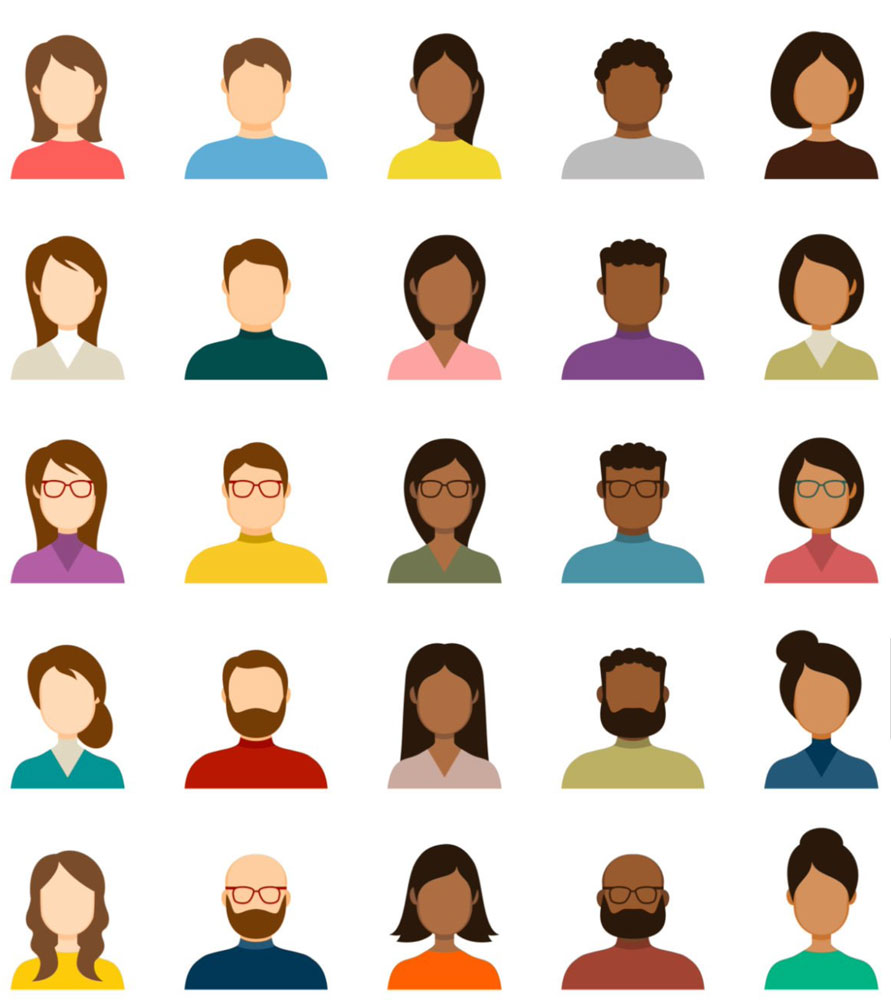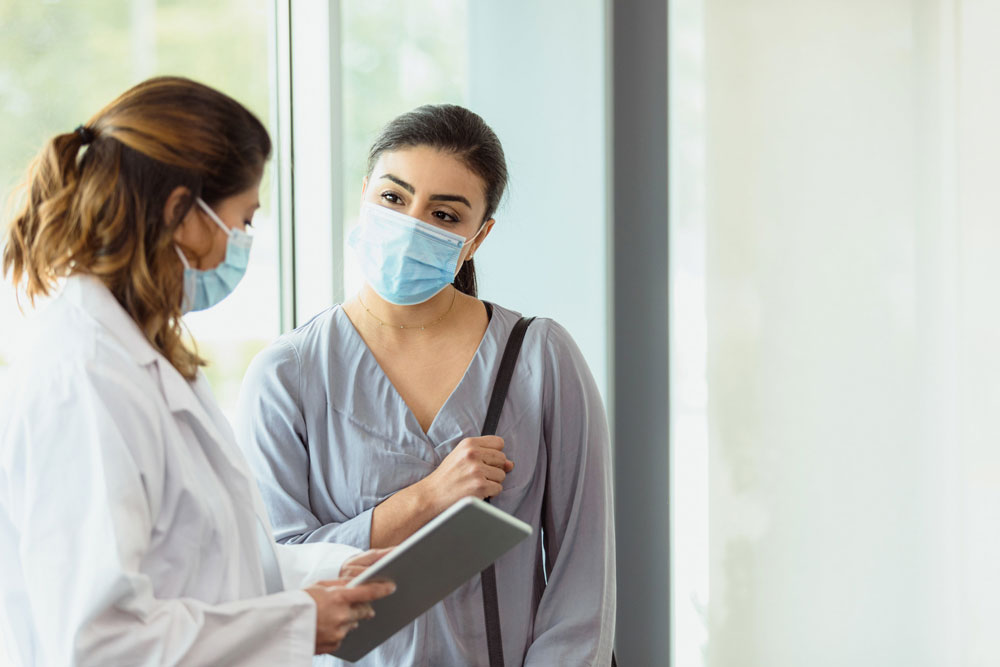Eye Care Basics
July 15, 2022
Taking care of your eyes is as important as other aspects of your health. The Centers for Disease Control and Prevention estimates about half of vision loss could be prevented with early diagnosis and timely treatment.
Blindness and vision problems are not uncommon. Dr. Willard Harms, vice president of medical affairs at BlueCross BlueShield of South Carolina, answers common questions about caring for your vision.
How can people care for their eyes?
Protect them from potentially harmful activities, like looking at an eclipse, bright light or laser, or looking directly at the sun, even with protection. You should avoid looking at anything that could injure your retina.
You should also protect your eyes from projectiles. If you are working on your car, mowing the lawn, using weed cutting machinery, hammering metal on metal or chopping wood — anything that might release a high-speed projectile — protect your eyes with safety glasses or goggles.
Who should take care of their vision?
Just like other health prevention or early detection examinations, regular eye checkups are important for everyone. Particularly as one ages or notices their vision decreasing, prompt follow up and yearly exams are important unless your doctor tells you to come in more frequently.
What should people know about screen time and their eyes?
The most common complaint related to screen time is eyestrain or tired eyes from looking at televisions, computers or cellphones too much. The best thing you can do is to have a source of incandescent light near you when you are looking at a screen and periodically look away from the screen for a few minutes. This will help with eyestrain. We also know that using devices with backlight screens in total darkness may cause eyestrain. It is always good to have a source of natural or incandescent light on when using phones or tablets.
Should people see an eye doctor regularly?
If you’re under 40 and have no complaints regarding your eyes, it is probably a good idea to get your eyes checked every few years. Once you are over 40, you may need to see an eye doctor yearly as more eye related symptoms are noticed. Just as you see your primary care doctor for regular checkups, you should have your eye health evaluated regularly by an eye care professional. Some eye conditions such as glaucoma have no symptoms until very far advanced and cause irreversible vision loss.
The Centers for Disease Control and Prevention is an independent organization that provides health information you may find helpful.

Related Reading:
 What To Know About Social Media and Mental Health
What To Know About Social Media and Mental Health
Americans spend hours every day on social media apps. These apps can impact users’ mental health. Two BlueCross experts breakdown how social media can affect people and steps everyone can take to limit these negative outcomes.
Read More Focus on Minority Health and Gaps in Care
Focus on Minority Health and Gaps in Care
The COVID-19 pandemic has brought to light the health disparities minorities face. Inequality in care leads to increases in poor health outcomes and higher rates of chronic conditions in underserved communities. BlueCross' Dr. Lena Bretous discusses the gaps in care.
Read More Get Your Cancer Screening
Get Your Cancer Screening
The number of cancer screenings is down. This trend is concerning for the medical community who warn it could result in a spike of cancer deaths in the future. BlueCross' Chief Medical Officer discusses why South Carolinians needs to stay on-track with cancer screenings.
Read More



















